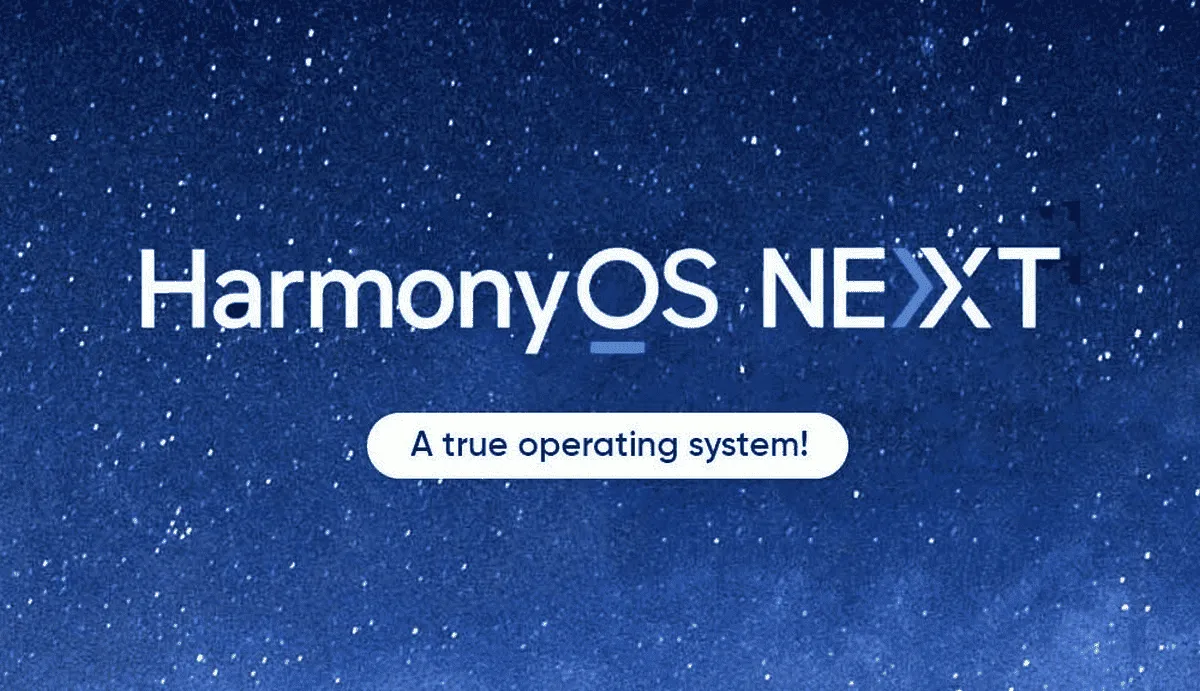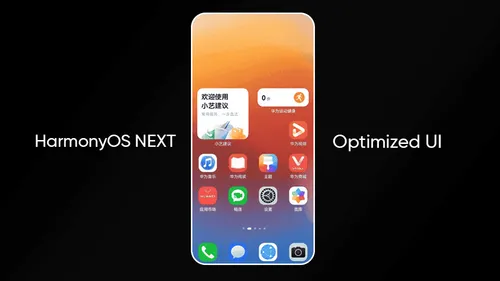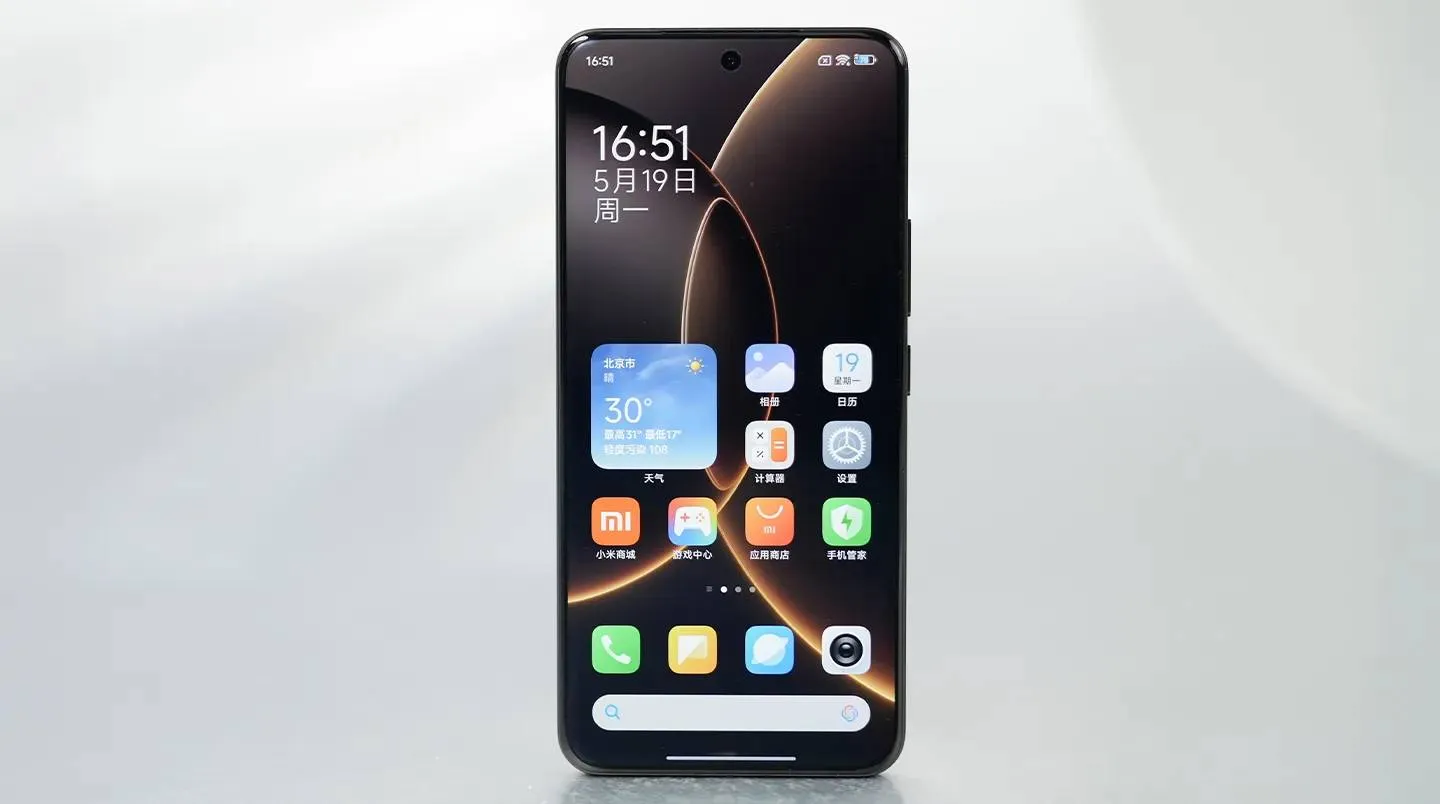
Huawei's HarmonyOS is about to take a big step forward. The company has confirmed that HarmonyOS NEXT will be released by the end of this month. The significant part of this release is the lack of any reference to Android. While the first iterations of HarmonyOS were based on Android's Open Source Project (AOSP) which is open source thanks to its Linux essence, NEXT will be an entirely new OS. This marks a key moment for Huawei, especially after US sanctions cut off access to Google’s Mobile Services.
Huawei HarmonyOS NEXT Launches Next Month to Reshape The Chinese Mobile Market
HarmonyOS was first introduced in 2019, starting in the smart TV market before expanding to smartphones the following year. Since then, it has gained millions of users and extended its reach to tablets, wearables, and IoT devices. This upcoming launch signals the platform's move towards greater autonomy and growth.
Huawei's ambitions go far beyond just replacing Android on its devices. HarmonyOS NEXT, known as the “Pure Blood” OS in China, aims for complete Android independence. This involves rewriting the software from the ground up, eliminating reliance on Android code.

Chen Xinxin, the general manager of HarmonyOS Industry Solutions, emphasized that the new platform is "entirely independently developed and autonomous." This transition is not happening in isolation. Key Chinese developers from sectors like software, gaming, entertainment, and e-commerce have expressed support for HarmonyOS NEXT. JD.com, one of China's biggest e-commerce platforms, has already completed a native app that will launch alongside the new OS. Huawei has shown great resilience after the US ban. However, its homeland certainly helped to keep the brand alive with continuous support for all its changes.
The upcoming Huawei Mate 70 is expected to be the first device to showcase HarmonyOS NEXT, marking it as a flagship not just for Huawei, but for the future of its entire ecosystem. While it's unclear if HarmonyOS NEXT can truly rival Android's dominance, Huawei's commitment to building a fully independent OS is remarkable. We don't know if a third OS will have great chances outside China without Google's mobile services. While it's possible to install Google Mobile Apps unofficially on existing Huawei smartphones, we think that won't be the case with HarmonyOS NEXT, which makes Huawei's situation outside China more complicated. However, as far as the Chinese market is concerned, the new OS certainly has the potential to reshape the smartphone market.
Loading






